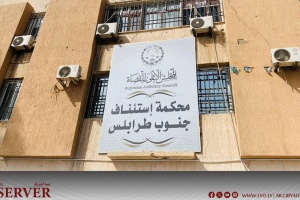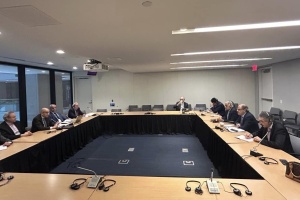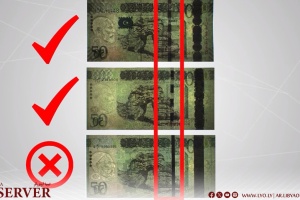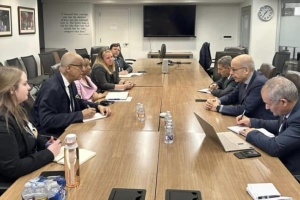The High Council of State (HCS) rejected Saturday the measures for imposing a tax on the selling price of foreign currency, calling on the Speaker of the House of Representatives and the Governor of the Central Bank of Libya to remove the tax measures and to address the basis of the problem with sound professional and scientific standards within the framework of the law and the limits of jurisdiction.
"HoR Speaker's decision constitutes a clear violation of the applicable legislation, as it is issued by a non-specialist," the HCS said, criticizing the timing of this step as being unbalanced, in addition to fueling the political conflict and being an attempt to exploit and inflame the differences of the political parties.
It also rejected what it called “blaming the citizen for the consequences of deficits and imbalances,” which the Central Bank Governor described as parallel spending from unknown sources.
"Indications say that there was a breach in the national currency protection system, which led to the printing of large quantities of counterfeit currency that was forcefully deposited in some banks, and transferred to the market, and then it got exchanged to large amounts of foreign currency, which increased the rates." The HCS explained.
It added that the Central Bank had to take practical steps within the scope of its jurisdiction and responsibility, to prevent this crime, and to inform the competent authorities about it if it became aware of its occurrence. It clarified that dealing with such issues should not be carried out through urgent procedures, but rather through a study by experts and specialists, indicating that the HCS unanimously agreed on the invalidity of these decisions, and called for a commitment to clarity and transparency in issues that affect the lives of all citizens.
It also denounced obliging citizens to sign pledges that it described as “contracts of compliance” to avoid a demand of a refund of the value of taxes on the sale of foreign currency, considering this “unlawful and unprecedented coercion, as well as a confiscation of the right to litigation in clear violation of basic rights and constitutional freedoms.”








